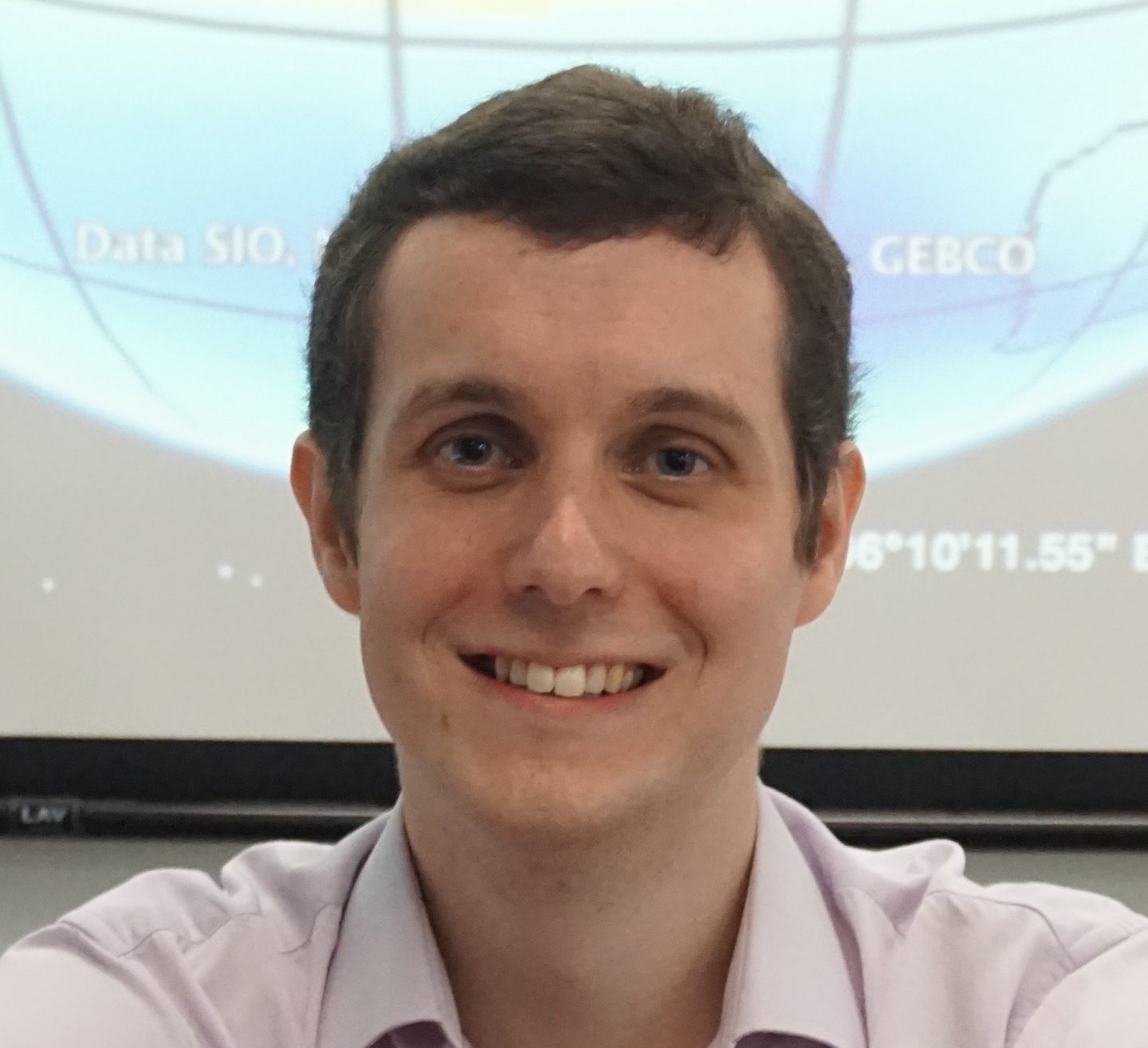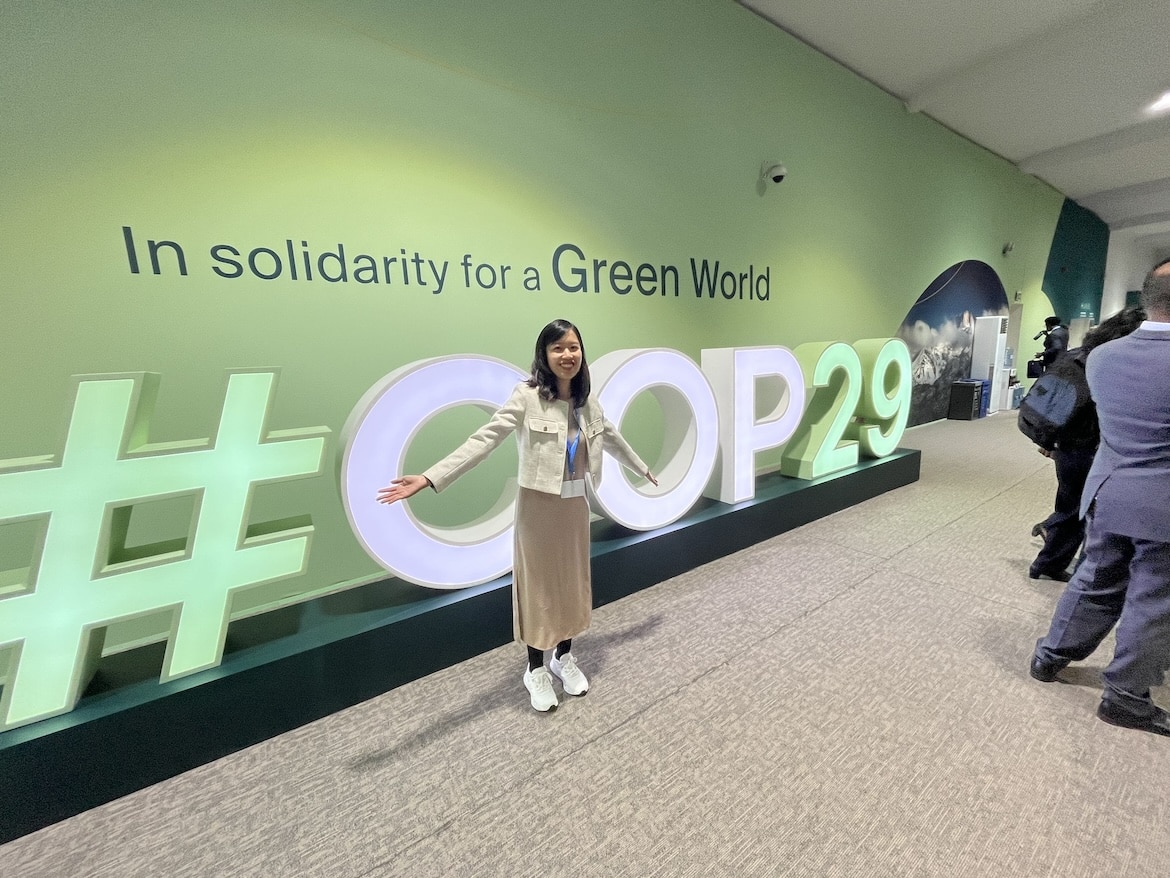
Photo by Nikola Jovanovic on Unsplash
“Love the Lord your God with all your heart and with all your soul and with all your mind. This is the first and greatest commandment. And the second is like it: ‘Love your neighbour as yourself.’ All the Law and the Prophets hang on these two commandments.” (Matthew 22:37-40)
We must love God and love people.
So where does so-called “creation care” fit in? Does creation care distract? Or does creation care complement the Great Commandment?
Loving people through creation care
Loving people often involves caring for God’s wider creation.
Climate change, for example, is not only an environmental issue; it is also a social justice issue.
The sad reality is that the people who will be most affected by climate change are the poor and the vulnerable. In low-lying areas of Bangladesh, sea-level rise will impact the lives of millions of people who cannot afford to adapt, driving them to become climate refugees.
How can we care for creation in a way that is faithful to both the Great Commandment and the Great Commission?
In other regions, drought may become more common, trapping many people deeper in poverty and causing famine. By influencing food and water supplies, climate change may even increase the risk of armed conflict, such as the civil war in Syria.
If we care about poverty, we cannot ignore climate change. If we love our neighbour, we must care for creation.
Loving God through creation care
But what about environmental problems that do not directly affect people? For example, should we care about the critically endangered hawksbill turtle?
Old Testament scholar Chris Wright says “the earth has intrinsic value – that is to say, it is valued by God, who is the source of all value. God values the earth because He made it and owns it. It is not enough merely to say that the earth is valuable to us. Accordingly, we need to be careful to locate an ecological dimension of mission not primarily in the need-supplying value of the earth to us, but in the glory-giving value of the earth to God.”
When God created Adam, He took him “and put him in the Garden of Eden to work it and take care of it” (Genesis 2:15). The same verbs – “work” and “take care of” – are used in Numbers to describe sacred service. Old Testament scholar John Walton suggests that “the garden is being portrayed as sacred space, it is likely that the tasks given to Adam are of a priestly nature – that is, caring for sacred space.”
It was part of God’s plan for humans to look after the earth as a sacred duty.
Responding with hope
Of course, a lot has changed since the time of Genesis 2. We now live in a fallen world. Sin has damaged the relationships between God, human beings and the rest of creation.
One result of the breakdown of relationship between human beings and the earth is environmental degradation. When we see problems we have created – climate change, overfishing, pollution – it is easy to become discouraged.
What hope do we have?
Thanks be to God! He has not given up on fallen humanity. And He has not given up on the rest of creation. As Paul writes in Colossians 1, Jesus Christ is reconciling to Himself all things.
We have already received a taste of the new creation through Christ’s ministry, His death on the cross, His resurrection. As Paul writes in 1 Corinthians 15, Christ’s bodily resurrection is the firstfruits of our future bodily resurrection, the firstfruits of the new creation.
When we feel that we cannot make a big difference, we must remember that we can still make a meaningful difference.
God’s “already/not-yet” kingdom has broken through into the present age. We live in the overlap of the ages; we live in a time of tension.
To borrow imagery from Romans 8, we groan for glorification, longing for our resurrection in the new creation, longing to be perfected children of our Father. Similarly, the rest of creation groans, longing to be renewed, longing for the revealing of the children of God.
When Christ returns, we hope that we will be glorified, completely free from sin. This hope does not provide an excuse to forget about our sanctification. Rather, it provides a basis for working with the Holy Spirit for our sanctification.
Similarly, our hope of new creation does not provide an excuse to pillage the earth. Rather, it provides a basis for working with the Holy Spirit to be wise stewards of the earth.
As Christians, we are to be agents of hope. When we feel that we cannot make a big difference, we must remember that we can still make a meaningful difference: When entrusted to God, five loaves and two fish can feed thousands.
Each of us can aim to reduce our carbon footprint. While it may not be possible to live a low carbon lifestyle – I know I fall short! – we can aim for a lower carbon lifestyle. We can think carefully about our transport choices and our consumption.
For example, beef has a particularly large environmental footprint, in terms of greenhouse gas emissions, water use and land use. Do I really need to eat so much beef? Or can I reduce my consumption? (Reduced consumption does not necessarily mean zero consumption – I thank God for an occasional burger!)
Complementing the Great Commission
As a global church, we must engage with creation care. But we must not let creation care become our primary focus.
The primary task God has given the church is to make disciples of all cultural people groups, as summarised in Matthew 28:18-20. This theme of God blessing all cultural groups runs throughout scripture, from the call of Abraham in Genesis 12 to John’s vision in Revelation 7.
We must prayerfully ask: “How can we care for creation in a way that is faithful to both the Great Commandment and the Great Commission?” It is not “either/or”; it is “both/and”.
May God grant us a holistic perspective; may God grant us wisdom to respond with faith, hope and love.
Maranatha. Come, Lord Jesus.
We are an independent, non-profit organisation that relies on the generosity of our readers, such as yourself, to continue serving the kingdom. Every dollar donated goes directly back into our editorial coverage.
Would you consider partnering with us in our kingdom work by supporting us financially, either as a one-off donation, or a recurring pledge?
Support Salt&Light




